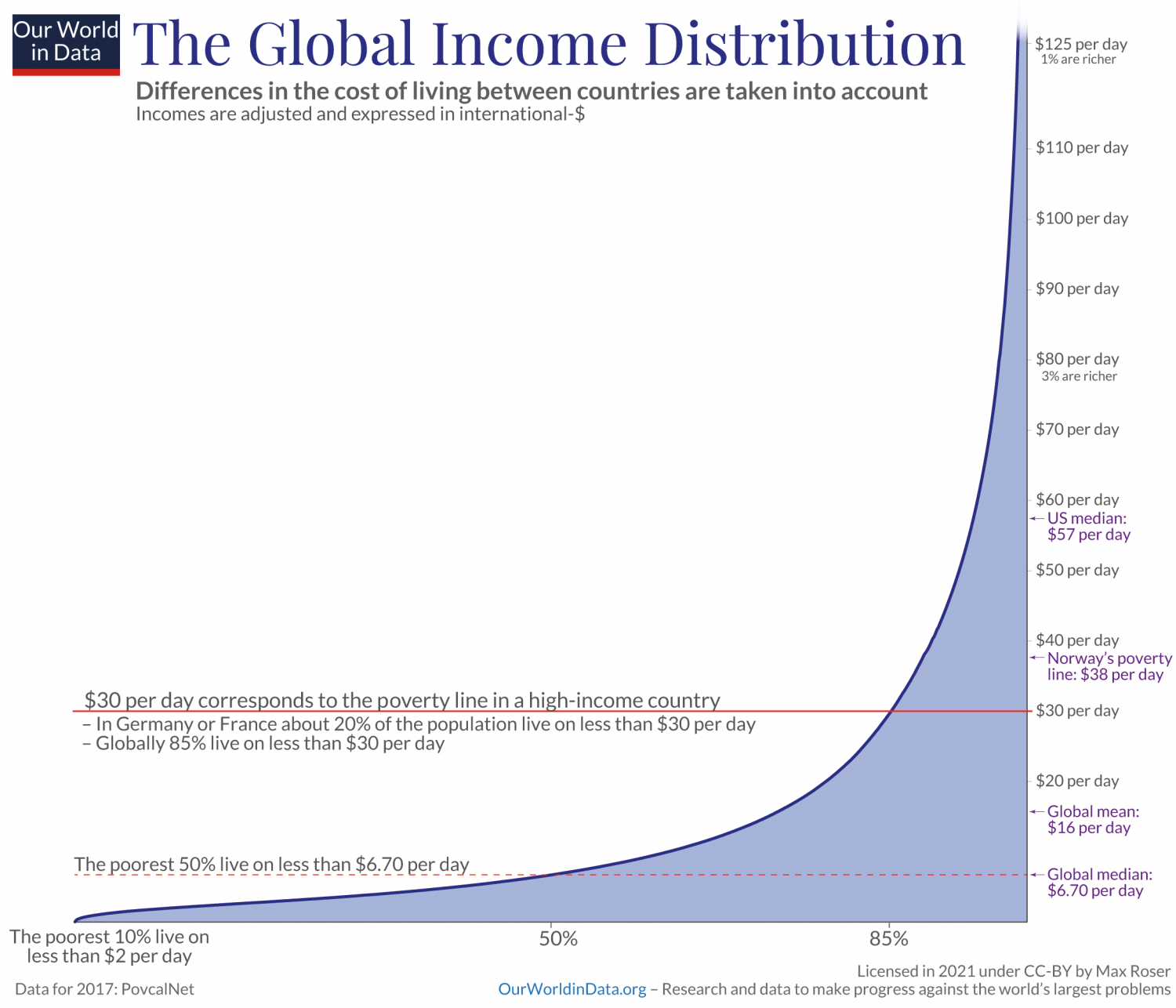Quitting the rat race
By The English Farm, January 20 2022According to CNN, young people across China are getting tired of the fierce competition for college and jobs, and the relentless rat race once they get hired. They are now embracing a new philosophy they've called "tang ping," or "lying flat," which emphasizes the pursuit of a simple life.
Talk of "lying flat" has spread rapidly throughout China as young people contend with intense competition for the most attractive jobs, especially in tech and other white-collar fields. The public has grown wary of what many see as a grueling work culture.
This type of phenomenon, though, is not limited to China. Across East Asia, young people say they have become exhausted by the prospect of working hard for seemingly little reward.



